
To most people, a smell isn't just a fragrance -- it's a memory. When you get a whiff of chocolate chip cookies, you may think of baking in your Mom's kitchen. When a warm breeze blows the smell of fresh flowers, you're instantly rocketed back to your first dance and the corsage your date brought.
And these nostalgic ties aren't just a coincidence -- there's science behind why we cherish these aromas. Our olfactory response is directly linked to the emotional center of our brain, causing a flood of warm and fuzzy feelings with a simple sniff. Unlike touch or taste, scents are directly correlated with past experiences. It's no wonder the smell of rain or the scent of a swimming pool makes us so reminiscent.
But aside from their memory-inducing powers, certain scents can also do amazing things for our mind and body. From stress relief to headache relief, certain aromas have a way of making an impact (and positively so). In honor of Sense of Smell Day, below find 11 scents that are more than just a nice fragrance -- they benefit your well-being.
Lavender can help you sleep.
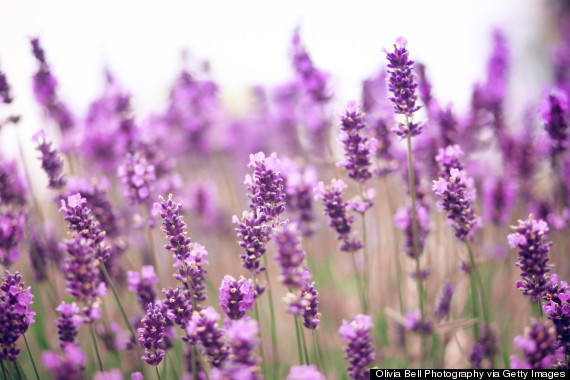
As a go-to scent for relaxation, lavender can help calm the mind and body almost instantly. But perhaps its most useful benefit is its ability to help treat insomnia in students. In a study of 42 college women, research found that the fragrance effectively eased sleep problems and depression in the participants. Next time you're having trouble getting your shuteye, try turning to the soothing scent for a little help.
Cinnamon can sharpen your mind.
It's one of the coziest scents out there -- but this sweet-smelling spice can also boost your brain power. Researchers from Wheeling Jesuit University studied participants and found that those who took a whiff of cinnamon improved in cognitive functions like visual-motor response, working memory and attention span.
Pine can alleviate stress.

There's more than one reason why pine trees bring us cheer around the holidays. A pine scent could be decreasing our anxiety, according to research. In one Japanese study, participants who went on a walk through pine forests reported significantly lower depression and stress levels. The research also discovered that anxious subjects had a greater feeling of relaxation after indulging in the scent. Use that as an excuse the next time your family wants to get rid of the Christmas tree right away!
Fresh-cut grass can make you more joyful.
You may think mowing the lawn is an annoying, menial task, but the fresh scent the chore yields may be making you happier. Scent researchers found that a chemical released by a newly-mowed lawn can make people feel joyful and relaxed. The aroma may also prevent mental decline as you grow older. The smell apparently is so powerful that neuroscientists came up with a perfume and air fragrance that matches it so the lawnless can also reap the benefits of the feel-good scent -- no lawn mower required.
Citrus can help you feel more energized.
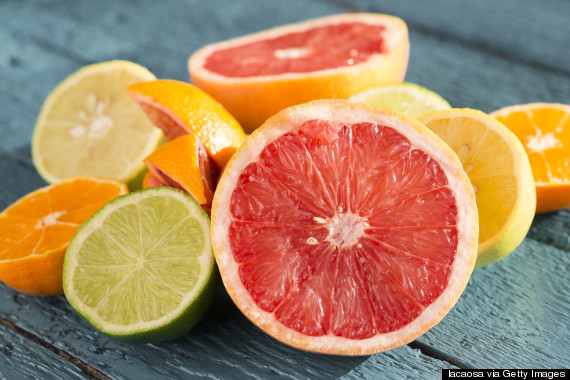
If you're looking for a little pick-me-up, you may want to forget the cup of coffee and opt for citrus instead. Scents like lemon and orange are not only well-known for their Vitamin C properties, but simply sniffing the fruit can help boost energy and alertness. Talk about a real superfruit!
Vanilla can elevate your mood.
Vanilla may often be used as a synonym for "bland," but this scent is anything but when it comes to our happiness levels. In a study published in the Proceedings of ISOT/JASTS 2004, researchers found that taking a whiff of vanilla bean elevated participants' feelings of joy and relaxation. The results were measured through mood mapping, which included emotions ranging from happiness and stimulation to apathy and irritation.
Pumpkin can serve as an aphrodisiac.
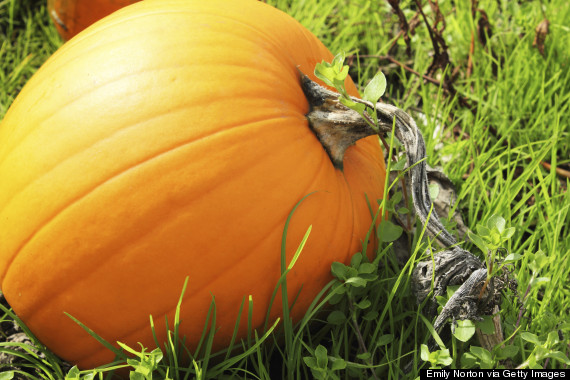
Would you ever consider a little Eau de Pumpkin? It might be an alluring scent for men. In a study conducted by The Smell & Taste Treatment and Research Foundation, researchers discovered that 40 percent of the male test subjects responded positively to a pumpkin scent when combined with lavender.
Peppermint may boost concentration.
In addition to giving you sweet breath, peppermint may also do your brain a favor. A small study out of Wheeling Jesuit University found that smelling peppermint could be linked to greater cognitive stamina, motivation and overall performance. Known for invigorating the mind, it's even been used as an aid for students when taking tests. There is also a small bit of research to suggest that the menthol scent in peppermint even tricks the brain into thinking that it alleviates stuffy nasal passages -- just the thing you need when you're feeling a little under the weather.
Jasmine may ease depression.
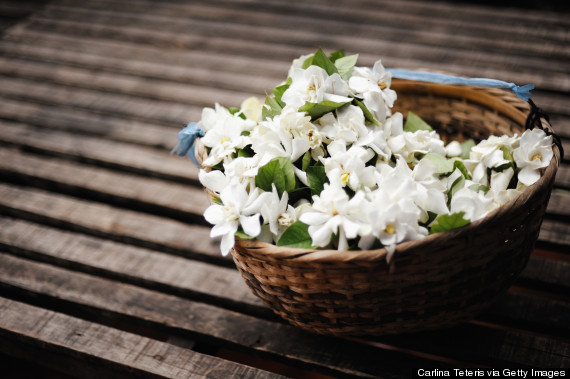
Their aesthetic is already pleasing enough, but this floral scent also has serious mood perks. A 2010 study found that not only does the smell of jasmine create a sense of alertness, it can also serve as a way to help with depressive thoughts. Researchers found that the stimulating effect of jasmine oil can aid in the relief of depression and can lead to an uplifted mood. Pretty powerful for a tiny flower.
Apples may mitigate a migraine.
You know what they say, "an apple a day keeps the doctor away" -- and that may be more true when it comes to headaches. Research has suggested that the smell of the crisp fruit may actually help ease a migraine. One 2008 study showed that those who found the scent appealing had a noticeable reduction in headache symptoms as well as shortened migraine episodes. Previous studies on a green apple's odor have also found the scent may help control feelings of anxiety during stressful moments.
Olive oil can satisfy your appetite.
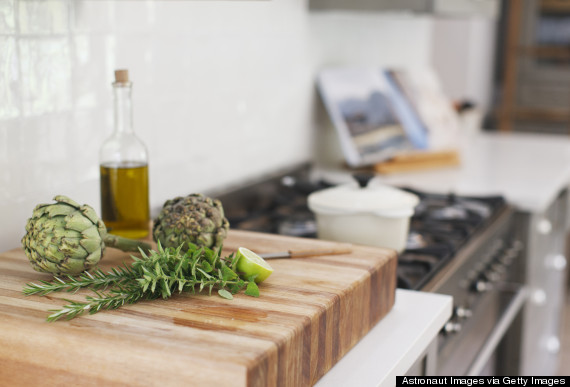
We've all heard the benefits of using olive oil in our dishes (it can reduce your chances of getting a stroke and is heart healthy for starters), but the key ingredient in your Mediterranean diet may also help curb cravings just by smelling it. Research out of the German Research Center for Food Chemistry found that olive oil was more likely to make a person feel satisfied after a meal compared to other oils and fats. Furthermore, the study also found that just by having the scent of olive oil associated with the food reduced the total amount of calories participants consumed. The scent also improved their blood sugar response, The New York Times reported.